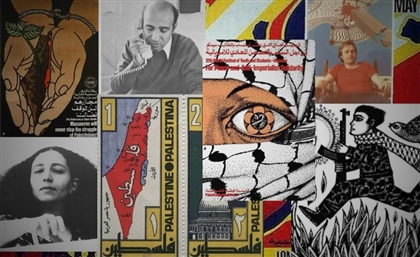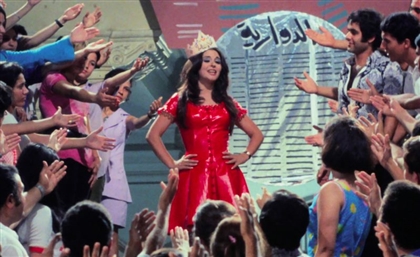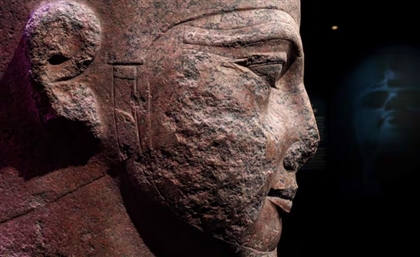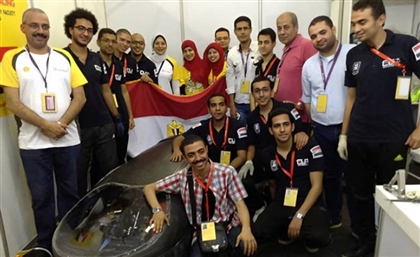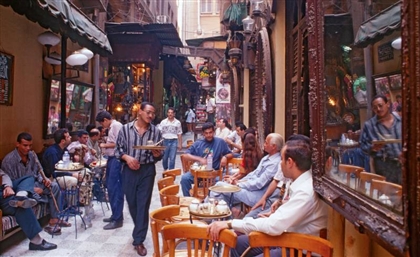Egyptian Nourhan Refaat Maayouf Wins Prestigious Barclays L’Atelier Award In Staged Photography
Award-winning Nourhan Refaat Maayouf talks to CairoScene about not taking cameras on trips and being a self-expressionist.
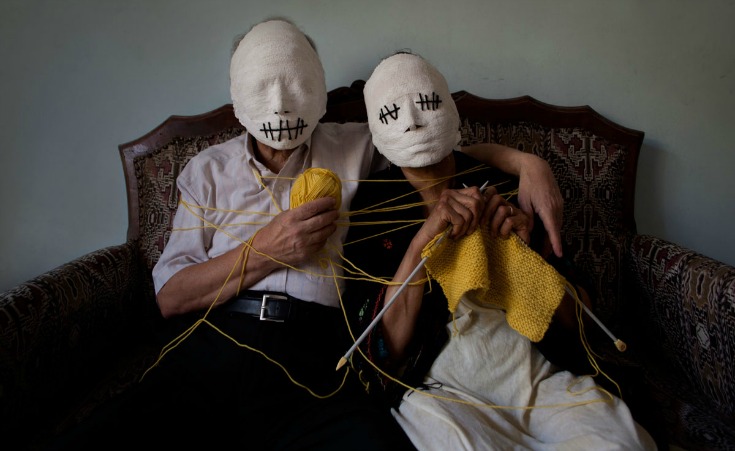
There is something eerie and seductive about photographs, about capturing a moment and freezing it in a visible form right before your eyes. And though photography as a context of expression perhaps constitutes the greatest percentage of human presentation and articulation, one of the 21st centuries' worst sins is getting too used to photographs and their magic.
Luckily, however, ingenious photographers of the same century emerge every now and then, and open up our otherwise passive eyes to entire universes and mental galaxies that their minds and eyes have been gifted with.
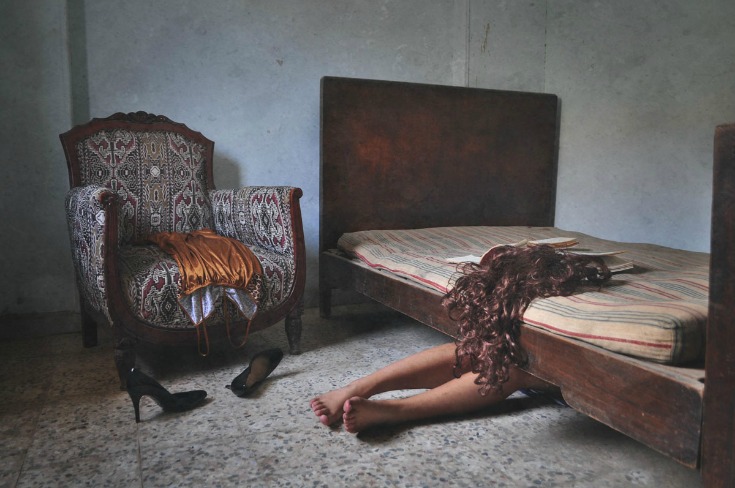
Egyptian photographer Nourhan Refaat Maayouf, who has recently landed the prestigious 2016 Barclays L’Atelier award for her 3-photograph series titled July Tale (one of which is featured as the article's main) is one of the aforementioned photographers. The self-expressionist, as Maayouf likes to call herself when it comes to her unusual take on photography as a medium and an art, presents her work with rich symbolism and domestic-feeling themes, accompanied with a piercing sense of the strange and unfamiliar.
After practicing photography for only five years now, and after going through the different genres of photography that beginners usually start off with, such landscape and portrait photography, she found herself in staged photography two years into her journey. “I see my photographic series as visual stories – it makes me feel like I am painting, and it gives me a great sense of pleasure. I can play a lot with themes in one single picture,” adds Refaat.
Maayouf, who loves to experiment though her art, tells CairoScene, “I like to be spontaneous with my photography, and sometimes, I even start preparing for a photograph without having a very clear conception of the theme beforehand – it just comes up during the process.” The photographer, who prefers using a simple digital camera and a self-timer to experiment with her works, feels that “stage photography makes [her] feel as if [she's] performing on an actual stage.”
Maayouf drops some interesting and pretty uncommon opinions about photography – she explains how photography is a tool not an end, “My photographic process is simple. I don’t have a studio in which I shoot and would rather pick a corner in my house. I also do not really care a lot for equipment, style, or other technicalities. For me the concept comes above all.”
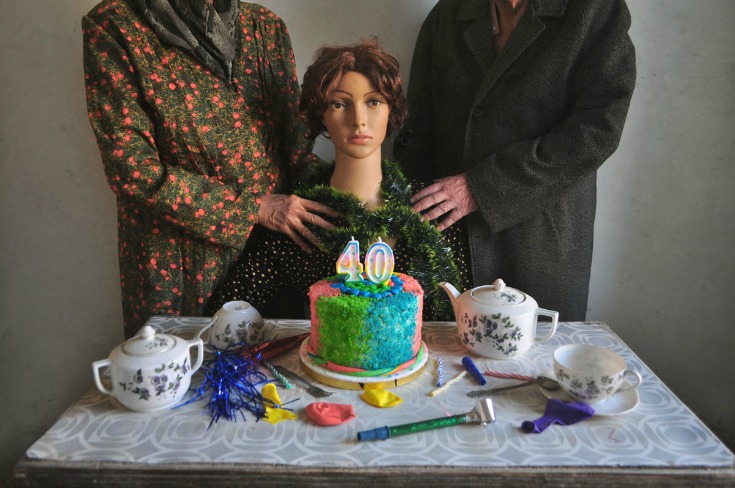
The photographer also gives us a glimpse into the photography scene in Cairo and asserts that post-revolution, the kind of photography that has taken over is street and documentary photography. “People became more aware of their social and political surroundings and started to pick up on that, which was further emphasised because the country is rich with details and its people are photogenic.”
Maayouf, who doesn’t even take her camera with her when going on trips says, “For me, real life experience is the most important of them all. I enjoy life, and love to live it instead of downplaying its full experience by trying to document it. For me, photography is a mere tool to express what I feel – it’s my visual diary.” Maayouf loves to work with issues that have to do with the human psyche and what troubles it, rather than politics and concepts such as identity, home, or gender – which are a few of the themes that people’s focus have shifted towards.
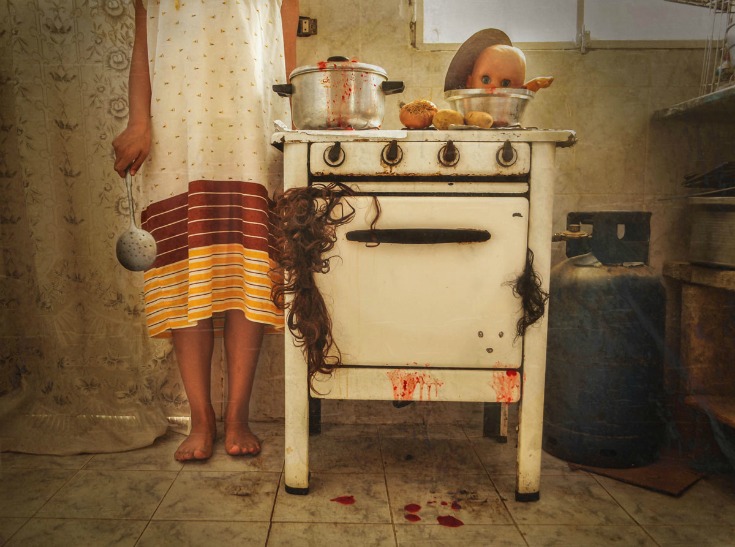
The photographer concludes by telling us, “I would love to tell emerging artists that practice and exploration are at the heart of real and good photography, instead of focusing on studying camera features and technicalities.”
You can check out more of the artist’s work on her Facebook page.
- Previous Article The Tap Is Importing a Ton of Delicious New Liquids
- Next Article 10 Strictly Egyptian Moustaches That Will Inspire You This Movember




